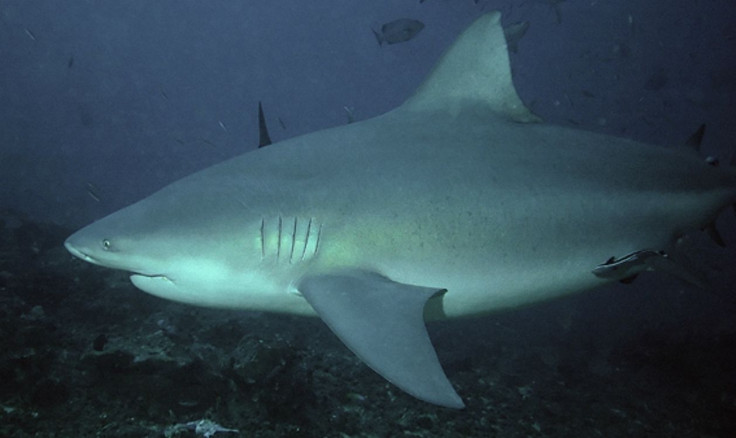Australia steps up measures to detect and deter sharks

Unprovoked shark attacks recorded in Australian coastal waters the past year reached a high of 26. The Taronga Conservation Society indicated in its annual list of shark attacks New South Wales and Queensland as retainers of the top spots for shark encounters. In line with this, state officials have continued to step up shark mitigation strategies.
One of the new shark-spotting technology that has undergone trial runs since the latter part of 2016 is the Clever Buoy. The West Australian government has reportedly spent a hefty sum on the experiment that utilises two high-tech buoys invented by Perth company Shark Mitigation Systems.
Using a multi-beam sonar, the smart buoy scans moving objects in the waters and when it finds something, it looks at the way the objects swim to see if it matches a shark’s swimming pattern. When sharks greater than two metres long are spotted by the sonar, a signal is sent from the buoys via satellite to lifeguards who will sound an alarm.
Apart from sonar technology and real-time tracking of tagged sharks, aerial surveillance through drone footages have also been conducted, per the Daily Telegraph report. Such footages are part and parcel of the government’s $16-million shark detection and deterrence project.
The drones are flown 60 metres above the ocean in a four-kilometre circuit, giving real-time information and visuals to analysts. The shark sightings and warnings are then posted on Twitter. Such a shark management strategy aims to give protection to surfers and bathers while minimising harm to sharks or other animals.”
Upswing in shark attacks
News of shark attacks continues to circulate. In mid-2016, the case of a 60-year-old woman from Mindarie who perished from a shark attack was posted on social media by a news website. Netizens found it tragic. Witnesses later on described the shark that attacked the lady as being longer than the 5.5-metre boat she had used with her male diving partner.
Shark attacks do not show signs of abating in Australia. During the first quarter of 2017, two unprovoked, non-fatal shark attacks occurred in Queensland, Taronga Conservation Society reported.
One case involved a scuba diver who suffered multiple injuries when he was aggressively attacked by a bull shark on the Great Barrier Reef, in a remote place off the north Queensland coast. Torrential rains stalled the rescue efforts, though.
As various states look at measures to deter shark attacks, environmentalists have sounded the alarm bells on practices that may harm wildlife. The Humane Society International Australia tweeted, for instance, “It's time for non-lethal alternatives to shark nets to ensure we safeguard protected, harmless & threatened wildlife.”





















